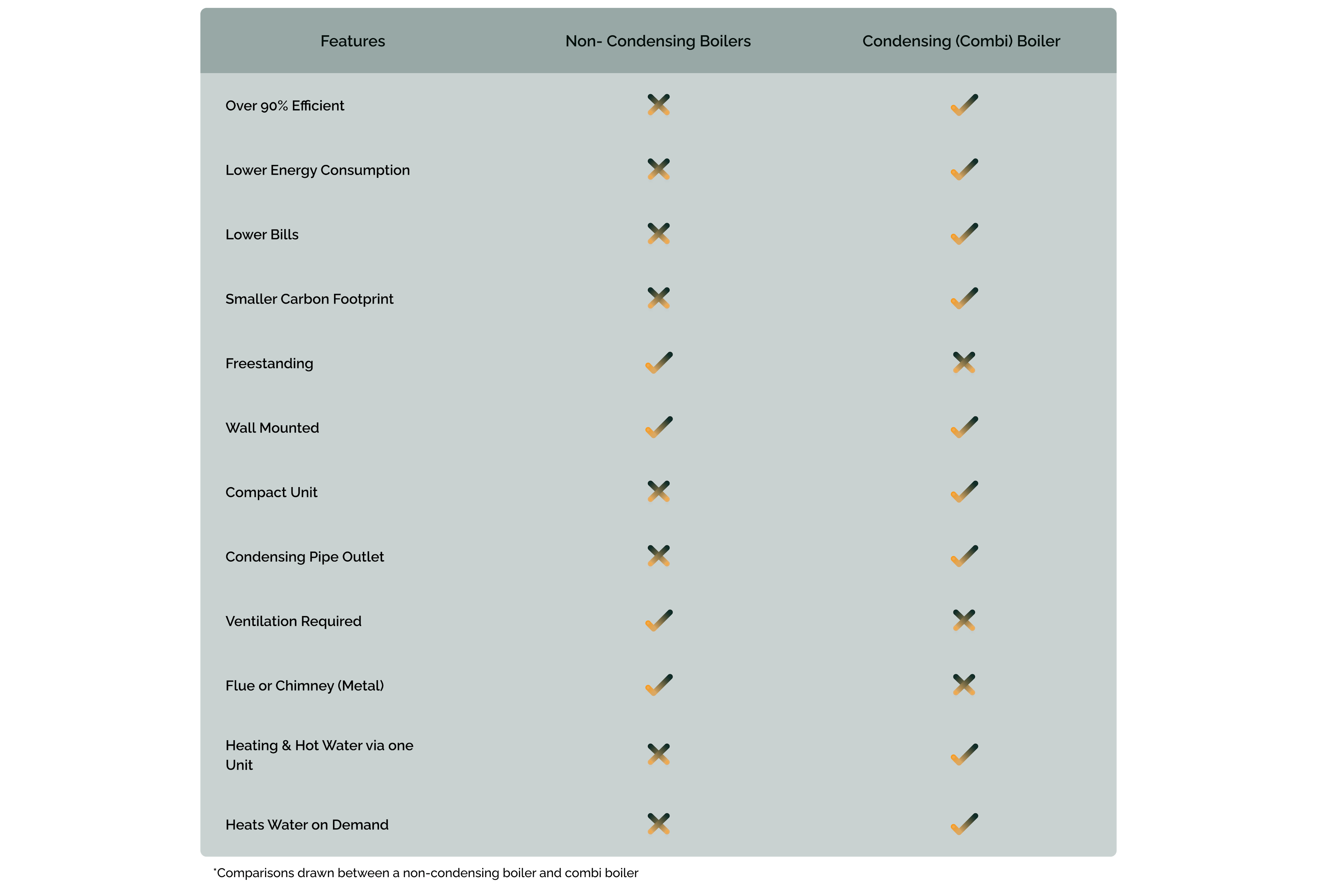

The differences between a Non-Condensing & Condensing Boiler
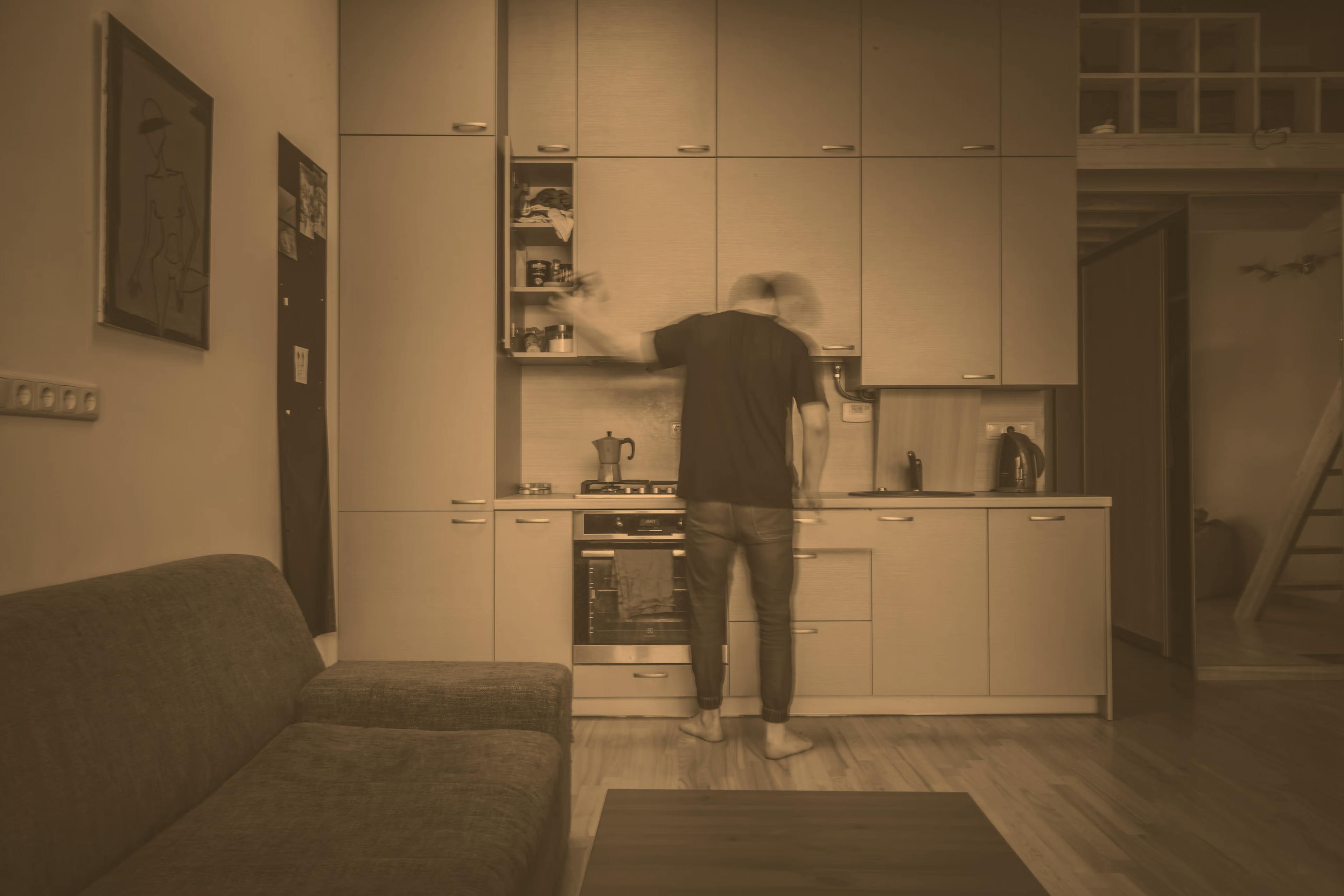
This boiler is also known as a traditional or non-conventional boiler.
Once considered good boilers, they have been proven to be very inefficient, usually operating at 60% to 70% to provide your heating and losing the remaining energy.
These outdated and inefficient boilers are costing you a lot of money to operate and are wasting valuable energy. They are now illegal to install and were banned from being installed in April 2005 as per the Boiler Plus Legislation.
*Exceptions are only available after Inspection and if a rigorous set of criteria is met and Planning Permission is granted.
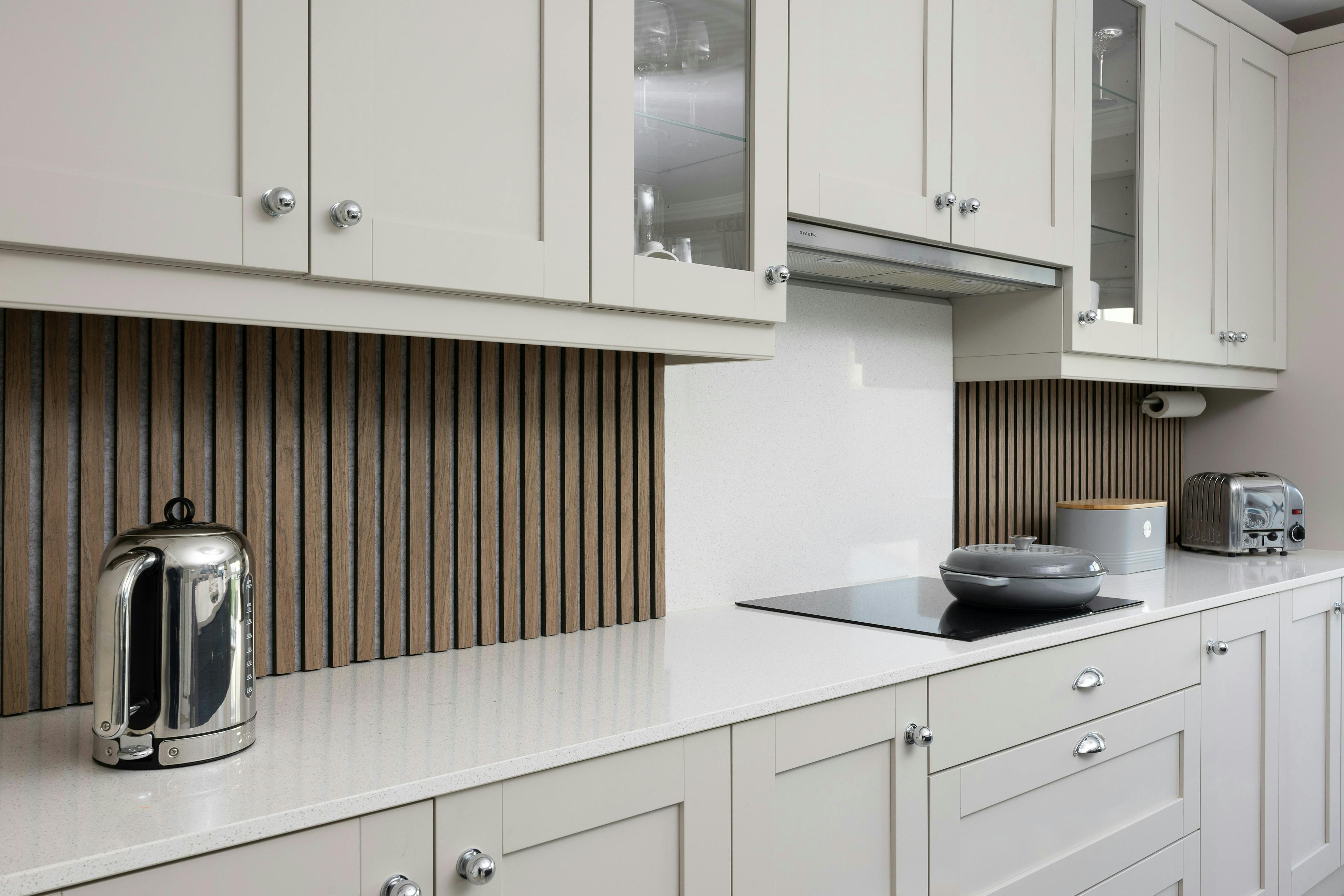
A non-condensing boiler works by burning gas to heat water using a single heat exchanger, which in turn heats your home. A non-condensing boiler is typically larger than a combi boiler and is usually freestanding, although sometimes can be wall mounted. A flue or a chimney is required to allow the exhaust gas to be released. The flue gases can reach a temperature of 250C. A combi boiler reaches temperatures of 55c, so put into context that is 195c of your heat wasted and your money wasted too!
A non-condensing boiler has to be used in conjunction with a water tank to provide hot water as well as heat.
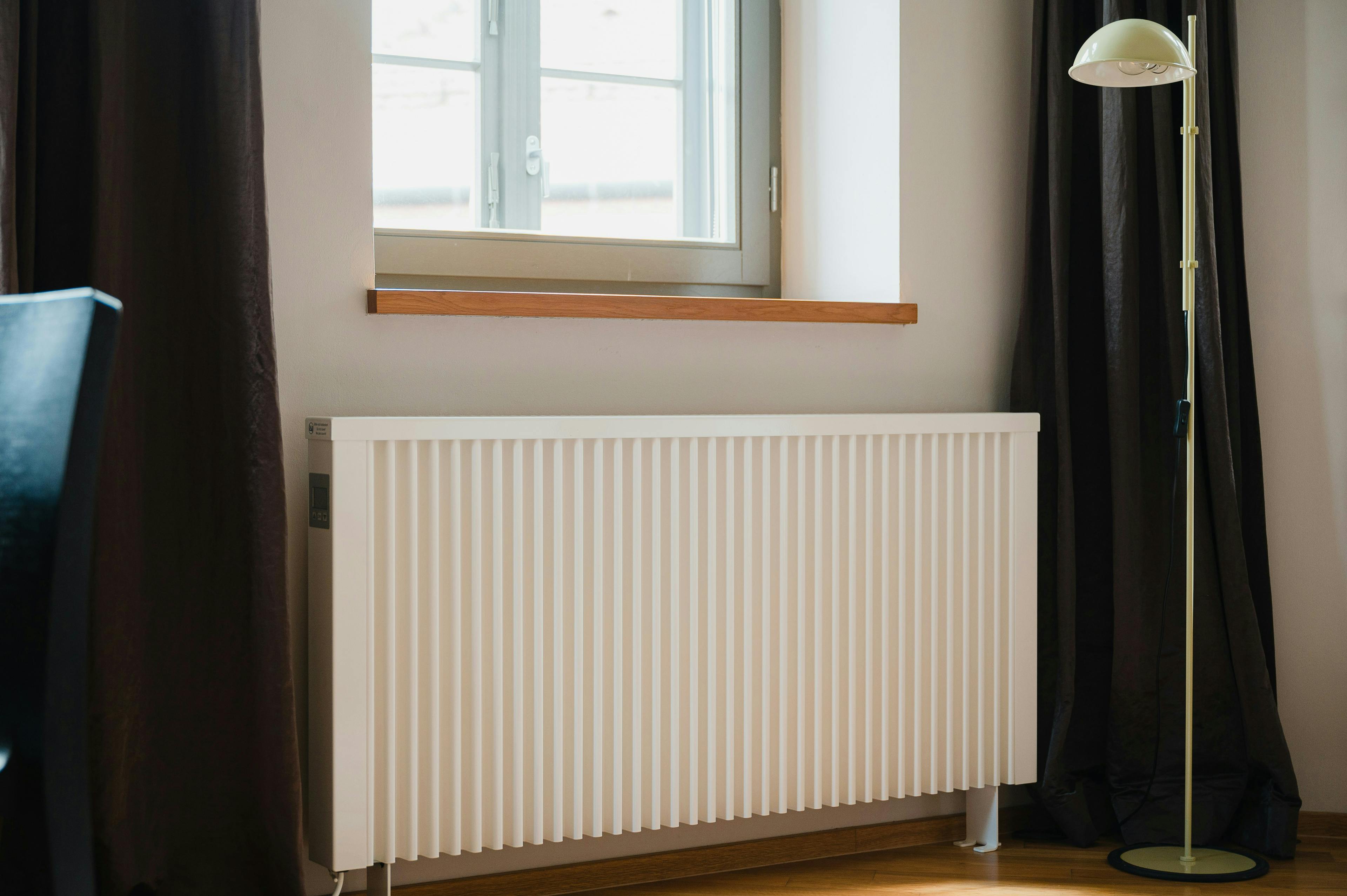
Non-condensing boilers are ventilated by the air in your home and are not room sealed, which is dangerous in comparison to a Condensing/Combi boiler which are room sealed and is a reason why a non-condensing boiler should never be used in a room that is used as a bedroom.
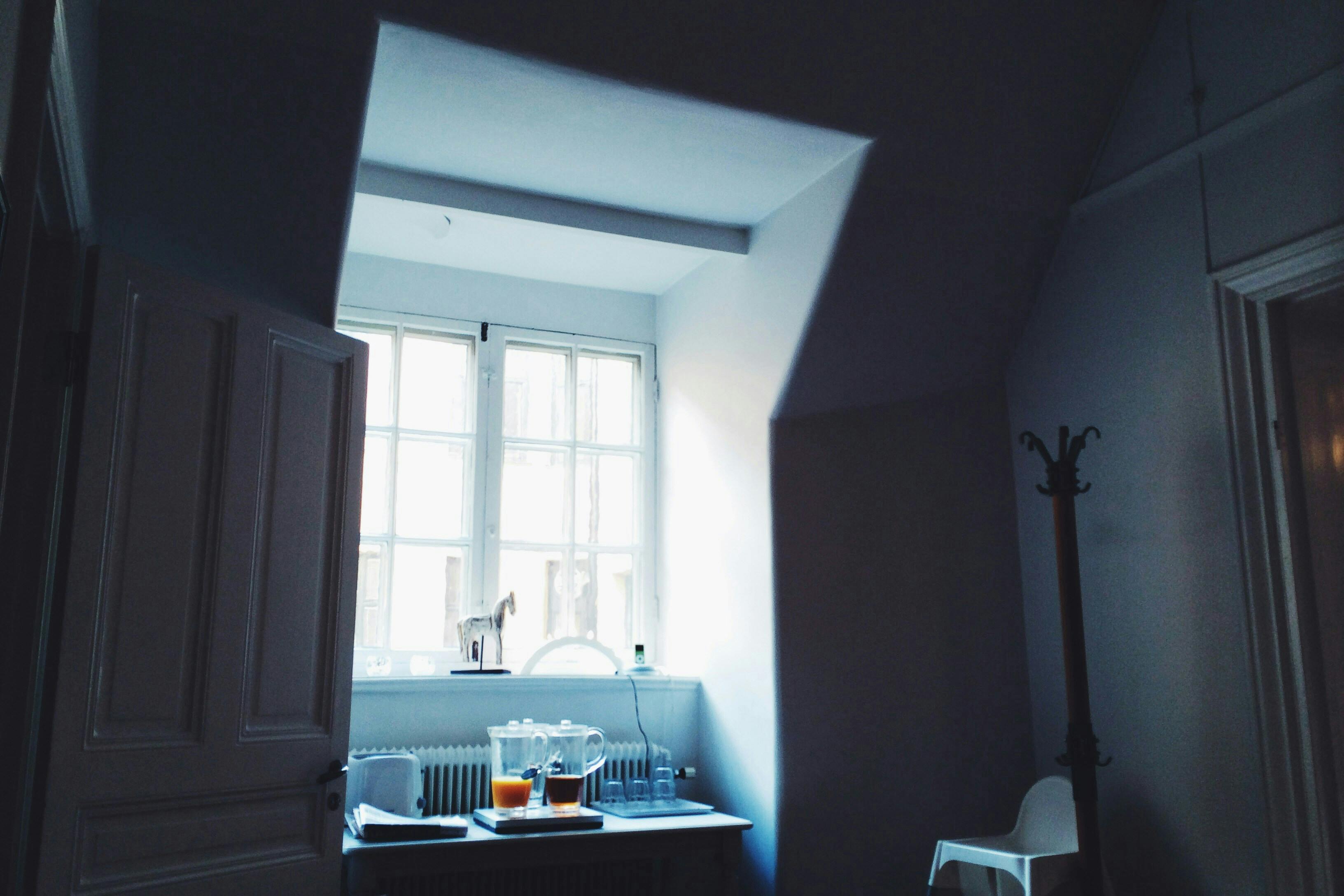
Condensing Boilers, commonly referred to as Combi boilers were introduced in the 1990’s and are safer than non-condensing boilers. Combi Boilers provide both heat and hot water.
Combi boilers are the only boilers that we install and operate on 90% efficiency or above. All the Combi Boilers we install are A Rated and the top makes and models e.g., Valliant, Worcester Bosch, Ideal and Baxi.
A Combi Boiler is much more energy efficient and uses two heat exchangers to recycle and capture heat from exhaust gas before it is vented. This lowers the temperature and produces condensation which gets released from the boiler via the condensing pipe outlet.
